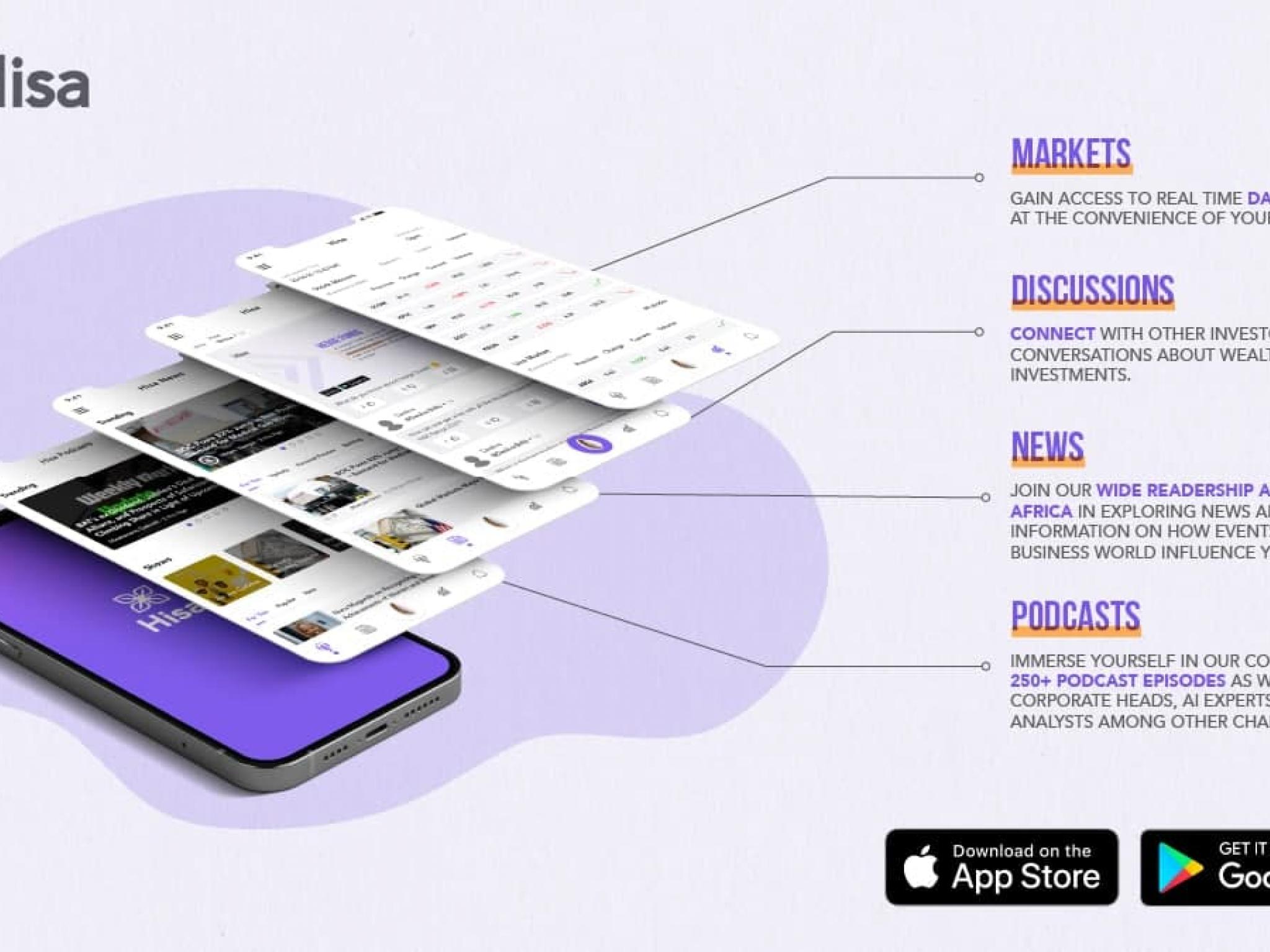
Beyond engagement, stock markets can offer a store of value.
That’s according to Erick Asuma, cofounder and CEO at Hisa Inc, Africa’s first wealth management platform that makes investing social and which launched earlier this year.
Benzinga spoke with Asuma to learn more about how Hisa empowers its users, financially.
Context: Hisa Technologies is a leading Kenyan financial media and software technology company that owns the Kenyan Wall Street brand, a financial news publication.
“We did a few surveys over the years and realized our users wanted the ability to access the markets,” Asuma said of the pivot he and his team made.
Then, in partnership with DriveWealth, a pioneer in fractional investing and embedded finance, Asuma’s team brought to market Hisa, a fractional trading platform.
“It is a mobile app that enables anyone from Kenya access to fractional investing for U.S. stocks, as well as Kenyan stocks.”
Today, Kenyan Wall Street and Hisa sit under the Hisa Technologies umbrella.
The Value: Hisa’s coverage spans investing, stock market education via written content, news as well as audio and video podcasts.
This is to assist nearly half of Kenya’s population with building and maintaining wealth through no-minimum investments in over 6,000 stocks and ETFs listed in the U.S. and Kenya.
“The goal is not just to be a stock investment platform,” Asuma said. “We can give you access to government bonds, mutual funds and, at some point, U.K. stocks.”
How It Works: In less than 5 minutes, users are able to go through Hisa’s verification process and start onboarding money, Asuma said.
“We give more than 4,000 users that ability to buy Tesla, Microsoft and pay via mobile money by M-PESA,” an African money transfer service. “We launched in December and have been growing 100% month-on-month.”
Hisa is not just about trading; the platform has tools to engage others socially and ask questions regarding their intents in the market.
“Users contribute to those sorts of discussions and we empower them through additional knowledge and information they need to convert them into active investors.”
Graphic: Hisa’s capabilities.
Innovation Outlook: Hisa is on a mission to educate its users on finance, many of whom are part of a population that is nearly 70% financially illiterate, according to the company.
Hisa charges a commission of about 1%, Asuma said.
“It’s the lowest in this market. We’re hoping users will take advantage of this opportunity.”
Going forward, Hisa is looking to expand across and beyond Africa. The regulatory environment is an impediment, and to navigate, Asuma’s team is working hard to add partners, he said.
“After 9/11 the U.S. tightened regulations and there are certain restrictions on money movement. So, we have to engage regulators [smartly].”
From a product perspective, Hisa is pretty much as Asuma wants it. Major additions to follow include new asset classes and a financial infrastructure arm that empowers other fintechs.
“We’ll build that infrastructure to power a lot of these local institutions so that they can offer embedded finance or investing as part of their core services.”







